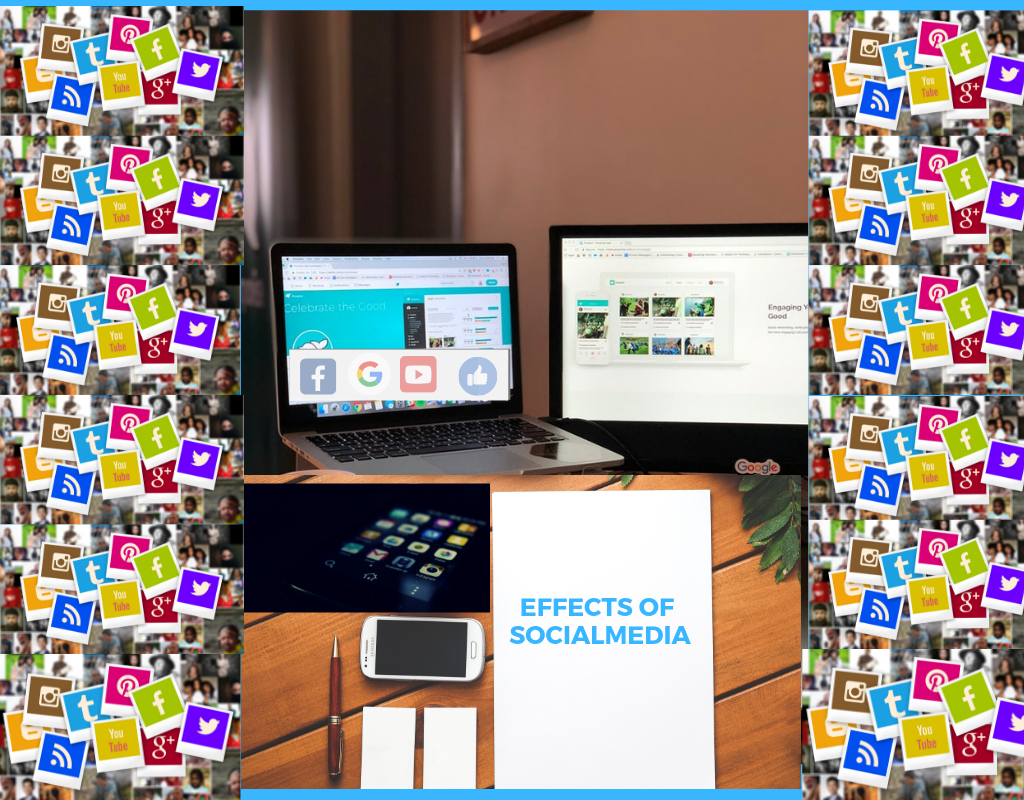Social media is a collection of online communication channels dedicated to community-based interaction, content-sharing, and collaboration. The provided text outlines both the advantages and disadvantages of its use.
Advantages
According to the article, social media offers several key benefits:
-
Education: It serves as a valuable tool for students and teachers, making it easy to learn from experts and professionals in any field.
-
Connectivity: The main advantage is its ability to connect people regardless of their location, allowing them to share thoughts, opinions, and tastes with the world and receive feedback.
-
Information: It allows users to stay updated on the latest happenings around the world and to find factual information through research.
Disadvantages
However, the text also highlights a number of significant drawbacks:
-
Addiction: Engaging with social media can be very addictive, particularly for teenagers, and can waste time that could have been used for productive activities.
-
Health Issues: Excessive use can negatively impact health by promoting a lazy lifestyle and causing stress from online arguments.
-
Dangerous Influence: It can indirectly lead to death when users, mostly teenagers, attempt to replicate life-threatening stunts they see shared online.
The Author’s Conclusion
This author concludes that while social media can be helpful, it “can also blind us”. They pose a series of rhetorical questions encouraging readers to reflect on whether they meet people with real names instead of usernames or check on family members as often as they check for “likes”.
We need to turn off devices and social media accounts to “look up to see the Future”.
